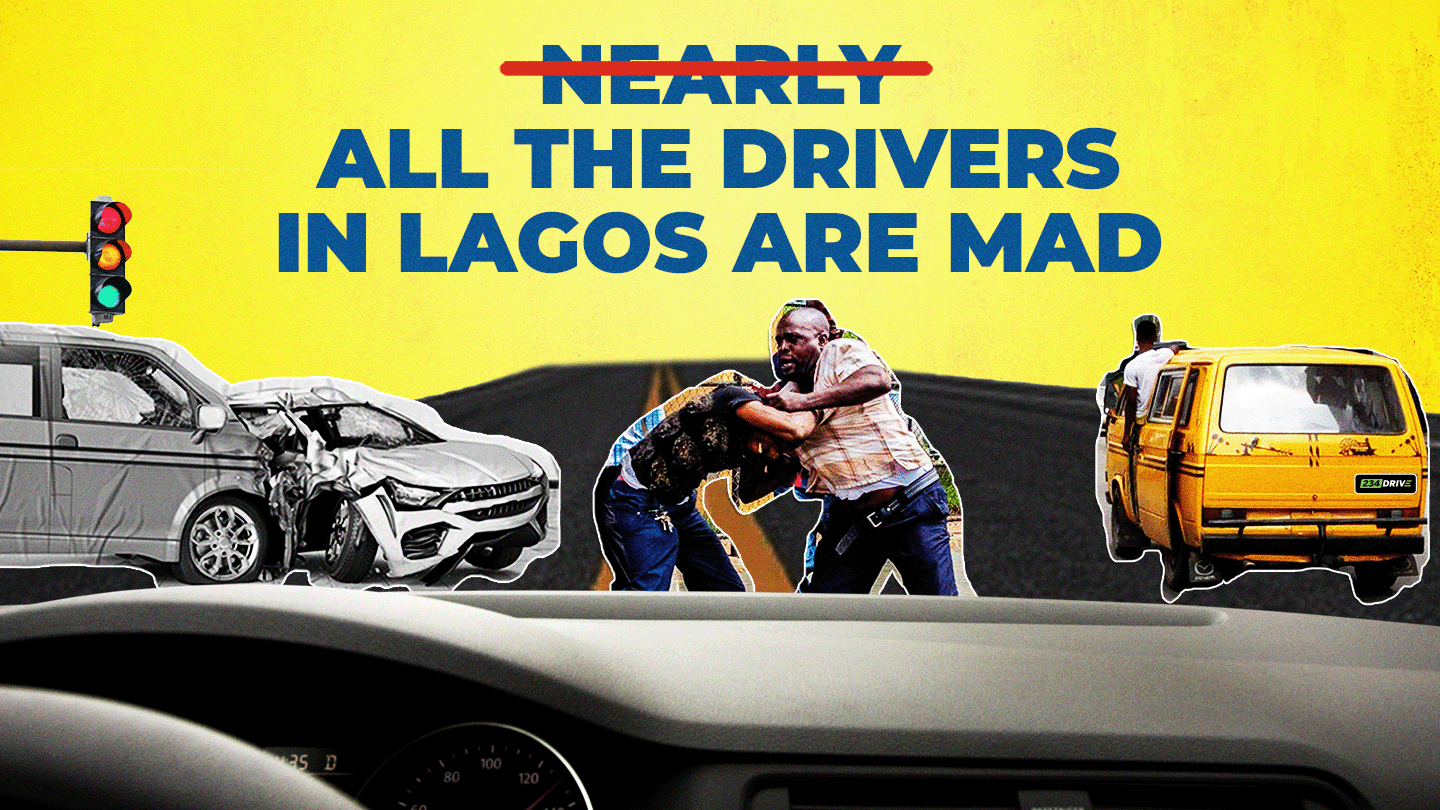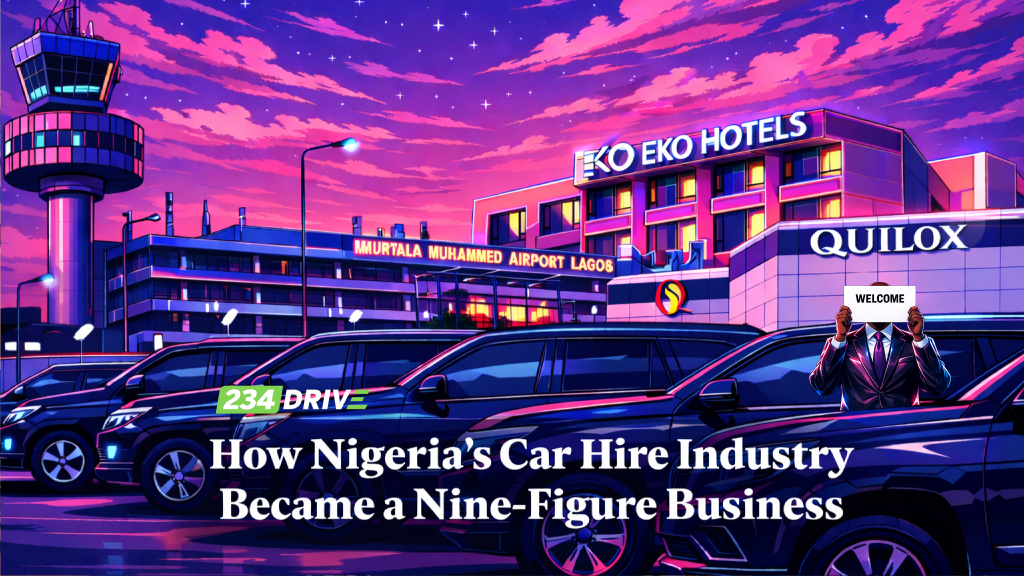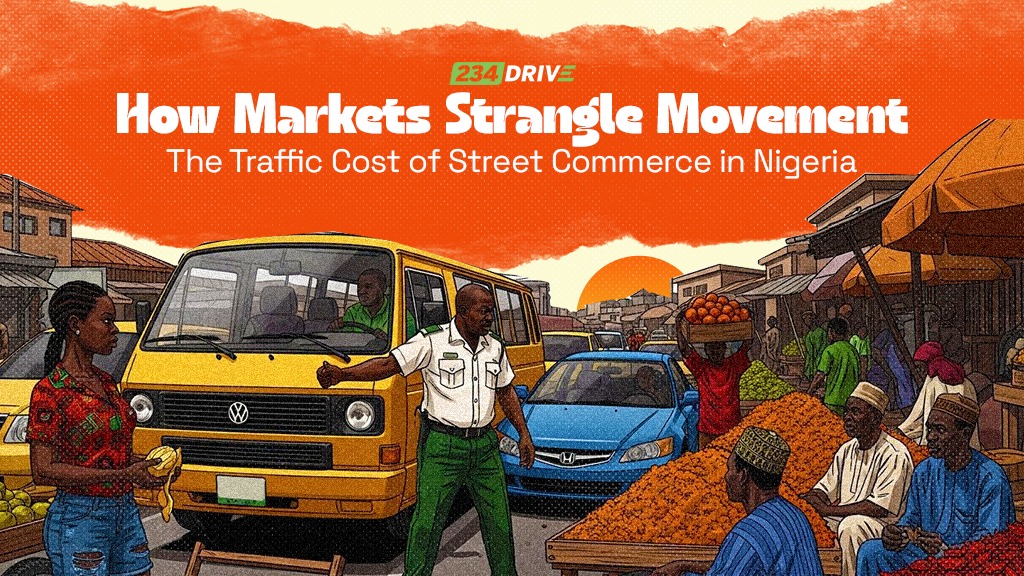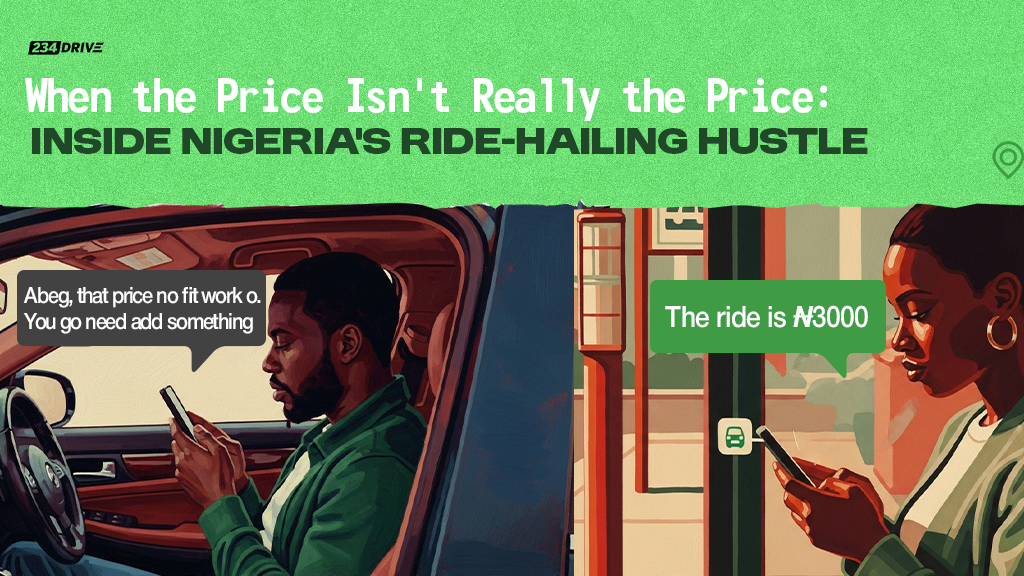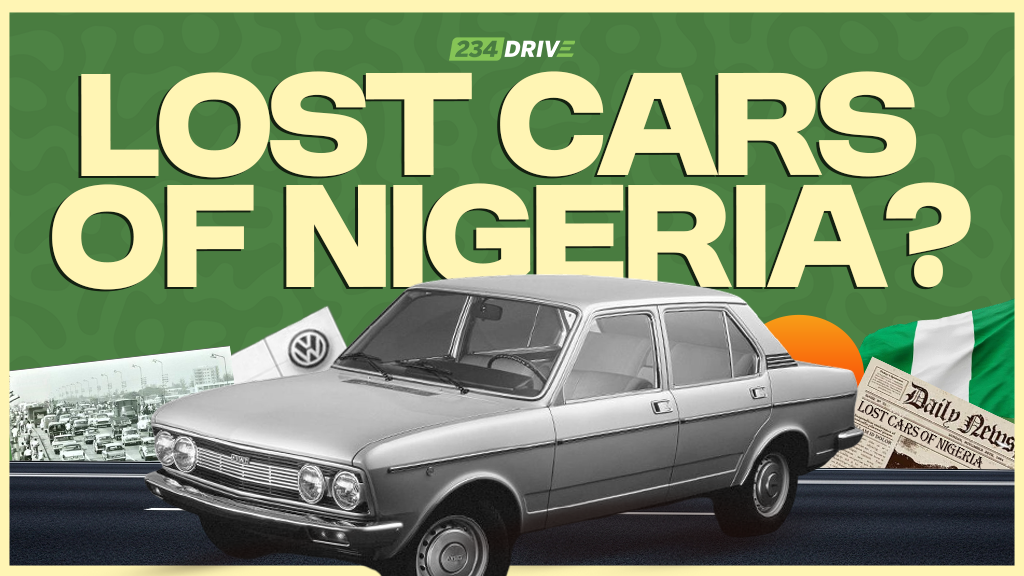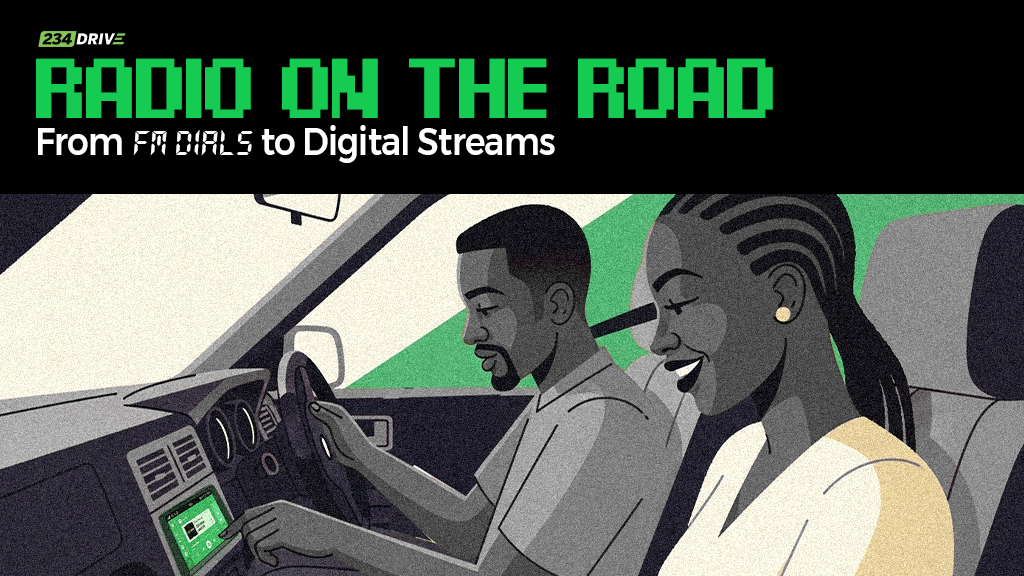Forget everything you learnt in driving school — Lagos roads operate by their own insane rules. Driving school curriculums are in desperate need of an update; toss the lessons on road signs and, in their place, compile a comprehensive list of creative insults to wield as needed. Give us kickboxing classes and a crash course on mind reading, because predicting the next move of a Lagos driver requires psychic abilities.
Lagos, with a frenetic pace that almost instantly possesses its residents, can best be described as pure adrenaline on wheels. Your senses heighten; your body becomes a finely tuned machine with hands poised on the wheel, feet dancing between pedals, and eyes darting in all directions. You need the reflexes of a cat to dodge those yellow buses and motorcycles that treat lane changes as mere suggestions.
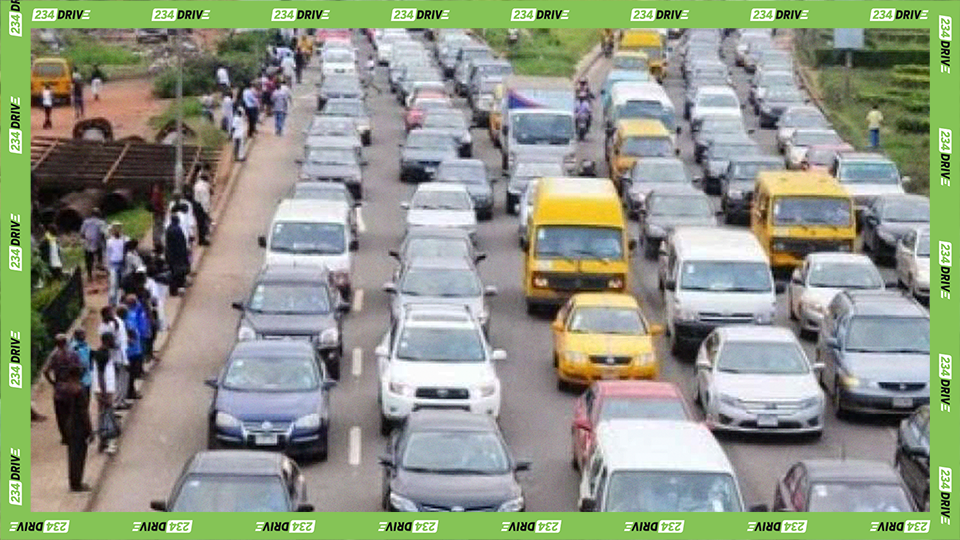
Even the most mild-mannered driver is transformed into a speed demon, shouting invectives like “gbe body e,” at any sluggish driver in sight. Insults like “oloriburuku” and “oloshi,” often accompanied by a signature “waka” gesture, easily become part of your vocabulary. This city will constantly have you asking yourself, “Where did all my home training go?”
As you navigate these roads, the drama unfolds at every turn. It’s enough to leave you in awe, the realisation that you’re dealing with drivers who might belong more in a psychiatric ward than behind a wheel. Impromptu boxing matches erupt over fender benders, and you’ll encounter those who seem to have mistaken your bumper for a romantic partner. Even if you’re fresh from a three-day prayer retreat, a few minutes on the road will have you cussing again. It’s not uncommon to see drivers with koboko (horse whips) displayed in their cars, ready to dispense street justice to anyone who crosses them.
If you’re brave enough to drive a manual car here, congratulations! You’ve signed up for an intensive leg workout. Your left leg will develop muscles you never knew existed as you juggle the clutch, brake, and accelerator.
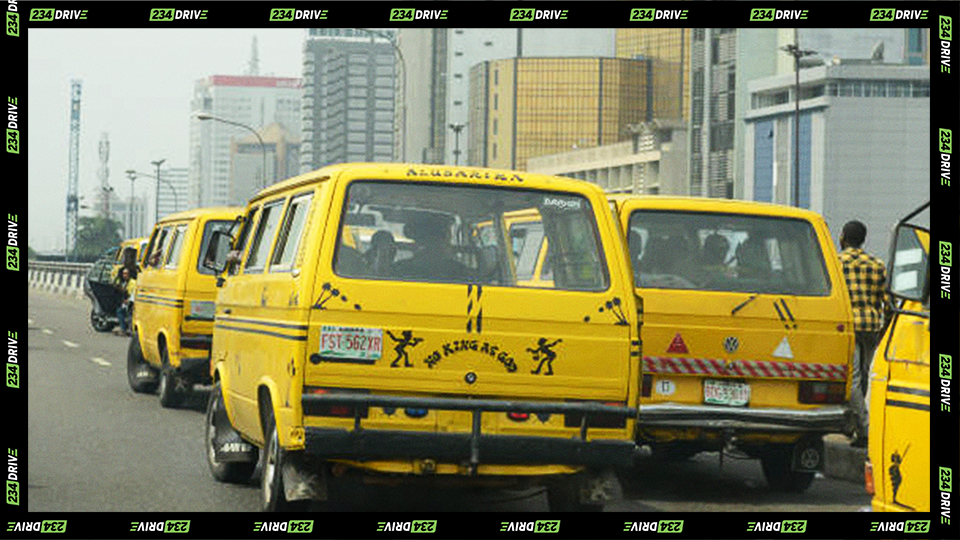
Public transport is a different beast altogether, pushing the madness to new heights. Danfo buses, held together by prayers and duct tape, speed through traffic, leaving a trail of fumes and chaos. These yellow gladiators operate without mirrors or signals, as if their only mission is to battle for every inch of road.
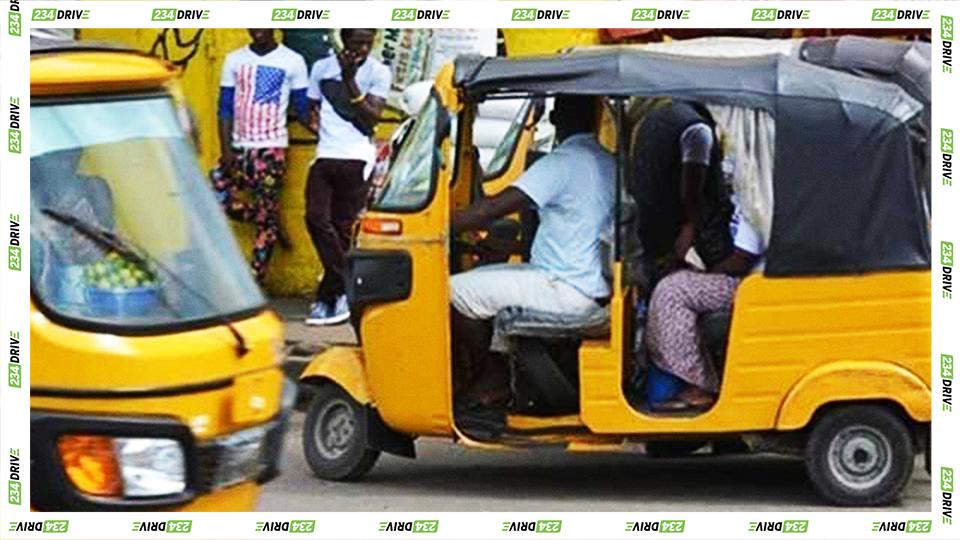
Keke drivers aren’t much different. They turn their three-wheeled chariots into mobile clubhouses, complete with disco lights and booming music, as if volume somehow brings some turbo charge. And then there are the Okada riders — daredevils who treat traffic laws as mere suggestions, riding as if they’ve got nine lives and nothing to lose.
In Lagos, drivers create their own lanes and charge into oncoming traffic with the confidence of someone who thinks their horn is a force field. Lane changes here are an art form, a blend of aggression and pleading. Drivers will beg for space, only to be let in and then suddenly blocked by the same person who gave them room. Others won’t even signal, cutting in as if the spot is their birthright.
After a day on Lagos roads, most drivers need a moment to decompress. The madness doesn’t just vanish when you park; it lingers. Some drivers sit in their cars, taking deep breaths or playing calming music to shake off the stress. While others call friends to vent or even doze off, too exhausted to make it inside their homes. They know they can’t bring that road rage into their living rooms, so they wait, letting the quiet calm of their car wash away the chaos.
Ultimately, driving in Lagos is an unpredictable mix of skill and insanity. Every honk and swerve blurs the line between a smart maneuver and madness. It’s not about following the rules; it’s about creatively bending them without ending up in a ditch. So, the next time you’re behind the wheel in Lagos, buckle up, say a prayer, and remember: In this city, only the mad survive.


